 A walk in the park - www.commons.wikimedia.org
A walk in the park - www.commons.wikimedia.org New research shows that exercise can even delay the ageing process among those in their fifties and sixties.
The new research, presented on Sunday at the European Society of Cardiology congress, revealed how 25 minutes of brisk walking or slow jogging every day could buy extra years of health and happiness.
The German study put non-exercising but otherwise healthy men and women aged between 30 and 60 on a daily programme of exercise, and tracked key markers of ageing in the blood. Within just six months, these showed changes in the body which help to repair the DNA.
Separate studies have found that people who start exercising at the age of 70 are less likely to go on to develop atrial fibrillation, a heart rhythm disturbance that affects about 10 per cent of people over 80. Source: The Telegraph.
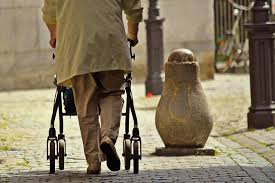 Rollator - pixabay.com
Rollator - pixabay.com I used to be so fit—slim, active and with a high metabolism. I never drove a vehicle and consequently walked everywhere. I worked at a demanding physical job in catering up until my mid sixties, when I developed osteoporosis and could no longer lift heavy weights. After that, I kept up a daily walk routine.
It's hard to know which is the lesser of two evils, so to speak—chancing hip dislocation or walking for longevity. I don't want to live forever, but I'd like to be healthy in the meantime.
I think I'd better continue with a daily walk.
Do you take enough exercise?






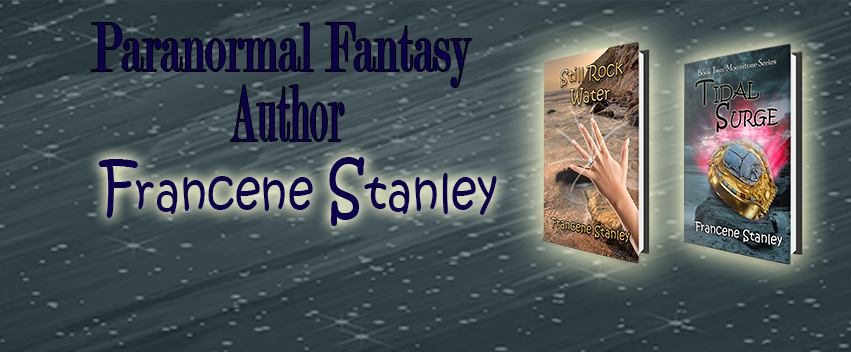







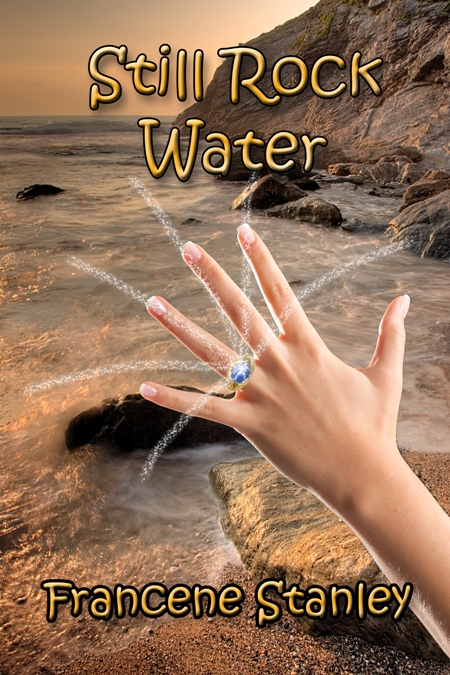
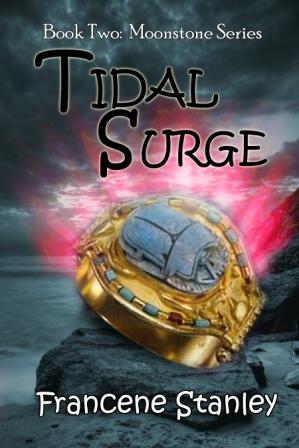
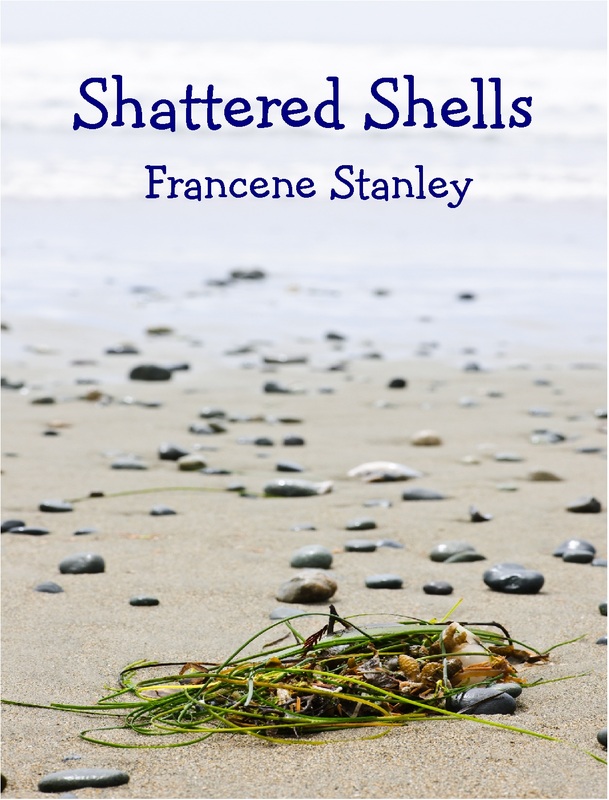
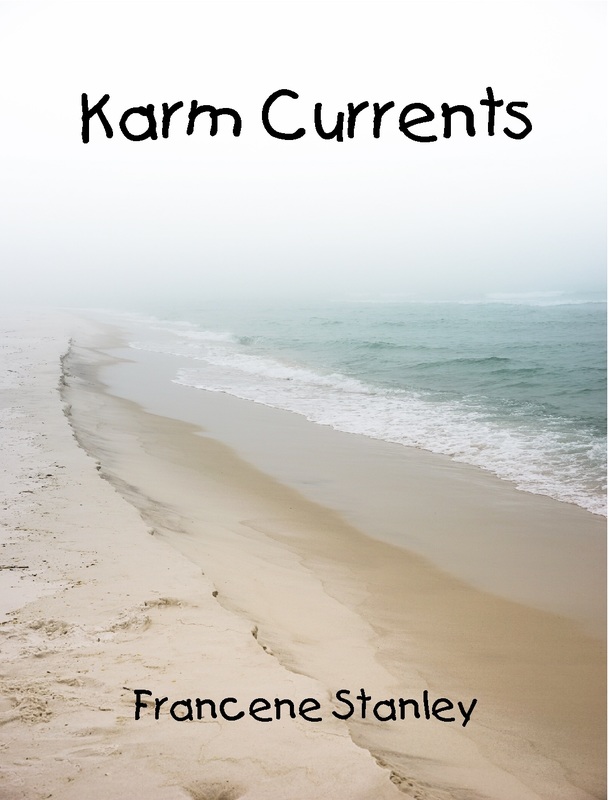
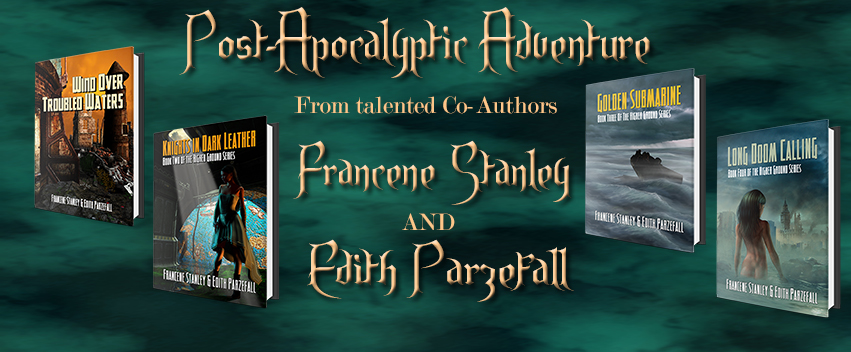
 RSS Feed
RSS Feed
